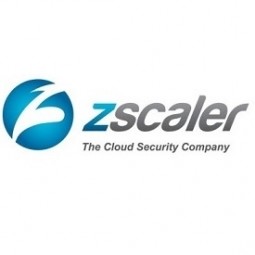Zscaler
Case Studies
Accelerated Cloud Migration and Remote Work Rollout: A Case Study of National Oilwell Varco
Overview
 |
Accelerated Cloud Migration and Remote Work Rollout: A Case Study of National Oilwell VarcoZscaler |
Application Infrastructure & Middleware - Middleware, SDKs & Libraries Infrastructure as a Service (IaaS) - Cloud Storage Services | |
National Security & Defense Telecommunications | |
Remote Control Tamper Detection | |
Cloud Planning, Design & Implementation Services Testing & Certification | |
Operational Impact
| The rapid transition to a remote-access workforce went smoothly despite a few initial connection hiccups. The company was able to support a drastically different new reality: 27,500 employees around the world all needing remote access to work from anywhere. The investment in ZPA set the stage for the company’s shift to remote access, and with Zscaler’s assurance that its globally-distributed SASE cloud could accommodate NOV’s secure-remote-access traffic volume, the company was able to respond effectively to the crisis. The remote-access effort has fostered NOV’s longer-term operational agility. | |
Quantitative Benefit
| NOV's legacy on-prem remote-access solution was designed to handle up to 2000 users at any one time, but moving to ZPA opened up a world of future capacity. | |
| NOV saw the number of ZPA concurrent user connections increase 4.5X over a sixteen-day period. | |
| Operational performance spikes were observed with more than 9,000 NOV employees connecting to corporate applications and data resources simultaneously. | |


